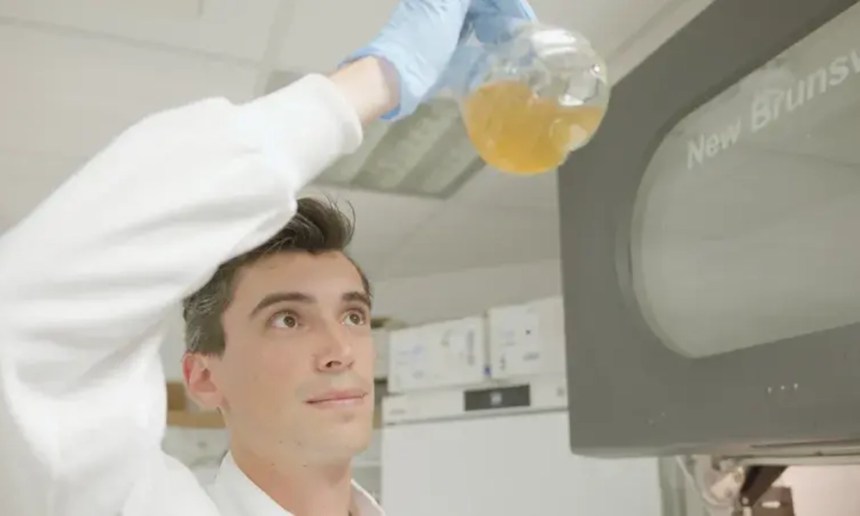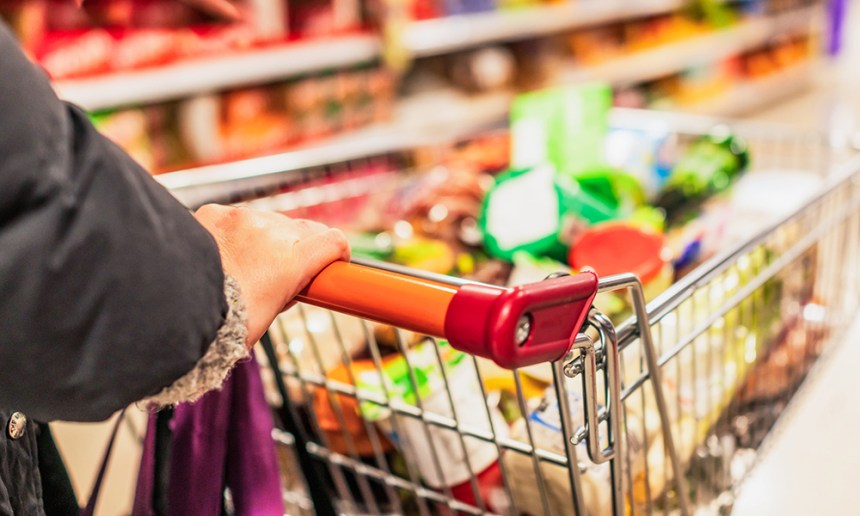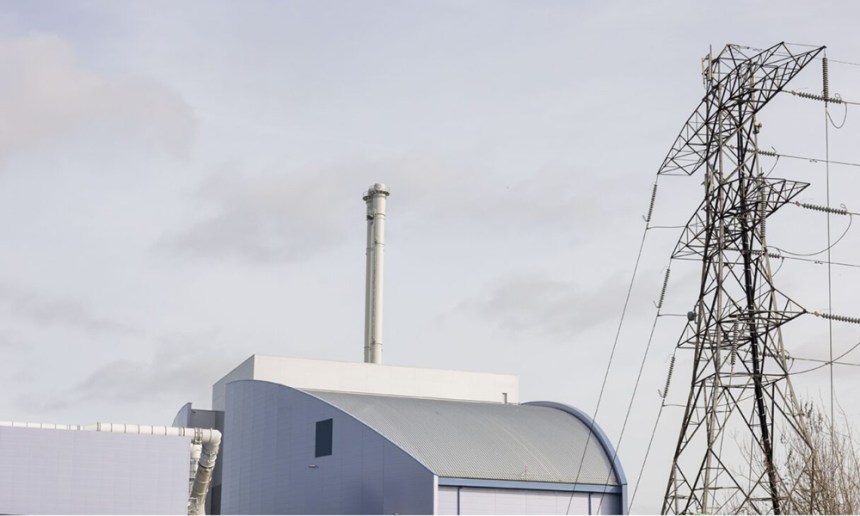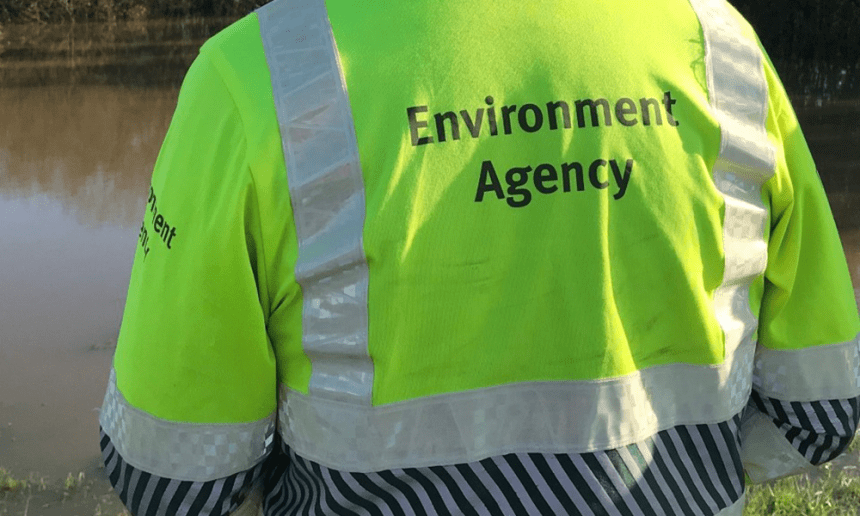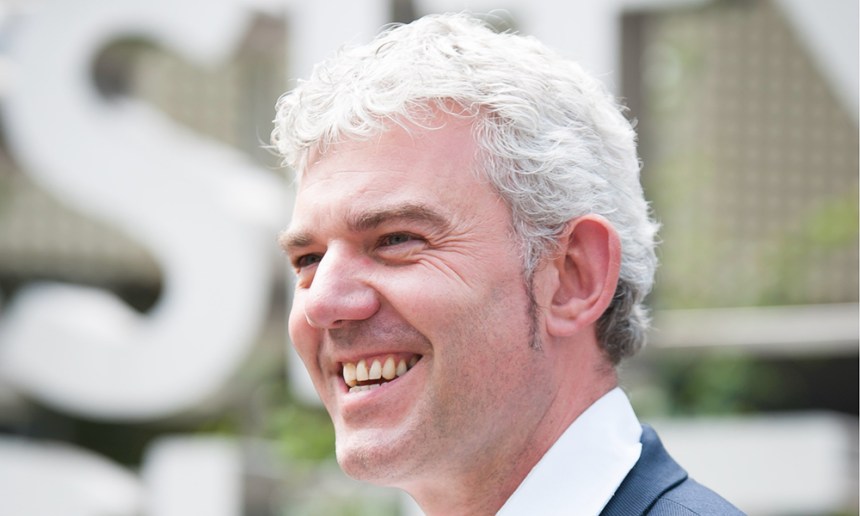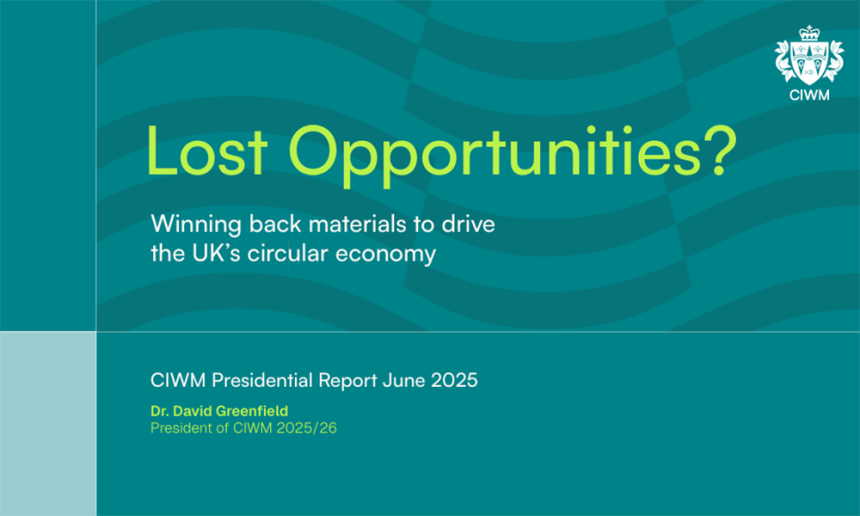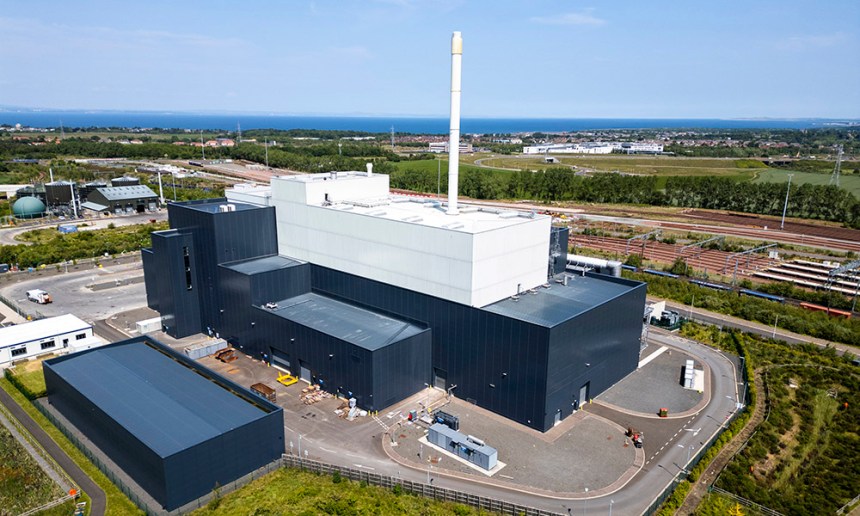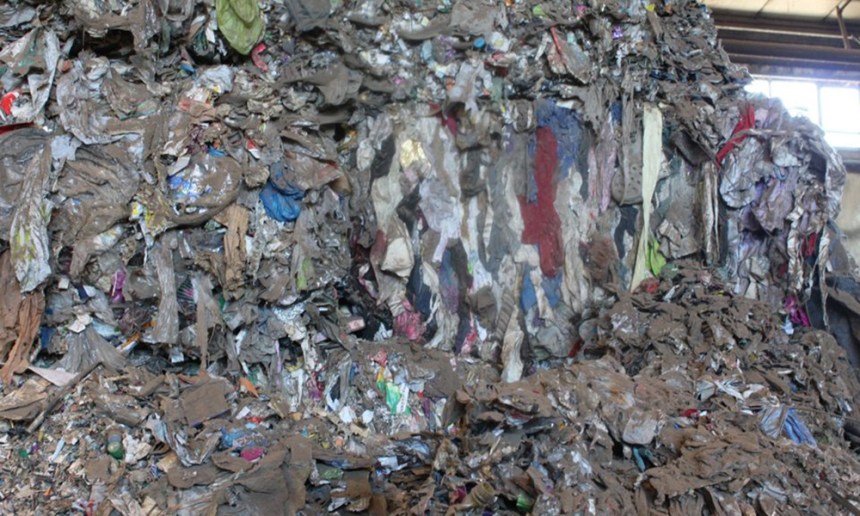Microbe can turn plastic waste into paracetamol, study shows
A PhD student checks the growth of a culture of E. coli in the Wallace Lab. University of Edinburgh publishes new study on how a common microbe can turn plastic waste into paracetamol. A team of scientists from the University of Edinburgh’s Wallace Lab have genetically reprogrammed the bacterium E. coli to transform a molecule derived from PET plastic, known as terephthalic acid, into the active ingredient of paracetamol. PET (polyethylene terephthalate) plastic is a strong, lightweight material used for water bottles and food packaging. Researchers used a fermentation process, similar to the one used in brewing beer, to accelerate the conversion from industrial PET waste into paracetamol in…
30% of grocery retail moving to reuse could save £577m annually
Adopting reusable packaging for 30% of goods in UK grocery retail could reduce annual system costs by £314 million to £577 million, according to a new study. A new study by GoUnpackaged finds adopting reusable packaging for 30% of goods in UK grocery retail delivers financial and environmental benefits compared to single-use packaging. The study found that moving to 30% reuse could provide between a £314m and £577m annual saving in overall system costs compared to single-use, which is equal to a 12-22% saving. Producers could also save a £136m annually in Packaging Extended Producer Responsibility (pEPR) costs for the products in scope, the study found. According to the…
enfinium signs agreement to provide 390 GWh of power to homes and businesses
Energy-from-Waste operator, enfinium, announces it has signed an agreement with ENGIE to provide power to homes and businesses. enfinium will supply around 390 GWh of power to ENGIE per year from 2025 to 2028, which it says is equivalent to powering 140,000 homes. The power will be supplied by enfinium’s Energy-from-Waste (EfW) Skelton Grange facility in Leeds, which is due to become operational this summer. This is the first Power Purchase Agreement (PPA) between enfinium and ENGIE, a global company whose purpose is to accelerate the transition towards a carbon-neutral economy. Wayne Robertson, Chief Commercial & Strategy Officer of enfinium, commented: “This agreement highlights the benefits of using society’s…
Sites allowed to temporarily exceed storage limits for certain wastes
The Environment Agency will allow sites in England to temporarily exceed their permitted storage limits for certain wastes. The Environment Agency launched the Regulatory Position Statement (RPS) following calls from industry for more flexible storage requirements due to the current issues with the offtake for certain waste streams. The RPS applies to the temporary storage of baled and securely wrapped refuse-derived fuel (RDF), mixed municipal waste, and waste wood destined for incineration. The RPS only applies where the Environment Agency has agreed in writing. The Wood Recyclers’ Association (WRA) welcomed ‘in principle’ the launch of the RPS. However, the WRA says it is also working with the Environment Agency…
CIWM President launches 2025 report at his inauguration
Ahead of his inauguration as CIWM President today at Terrace Pavilion, House of Commons, Dr. David Greenfield has launched the CIWM Presidential Report 2025. Written by Dr Ryan Woodard, the report, ‘Lost Opportunities? Winning Back Materials to Drive the UK’s Circular Economy’, issues a call to action to capture and derive value from resources that are currently being lost to the UK’s economy. A summary version of the CIWM Presidential Report 2025 is available here. Focusing on what it calls the ‘urgent need’ and ‘real opportunity’ for the UK to lead the transition to a circular economy, the report highlights six commonly overlooked materials that are currently lost to…
CIWM Presidential Report 2025: Lost Opportunities? Winning Back Materials to Drive the UK’s Circular Economy
Read the CIWM Presidential Report 2025: ‘Lost Opportunities? Winning Back Materials to Drive the UK’s Circular Economy’ now. Dr. David Greenfield launched the CIWM Presidential Report 2025 ahead of his inauguration as CIWM President at Terrace Pavilion, House of Commons. Written by Dr Ryan Woodard, the report, ‘Lost Opportunities? Winning Back Materials to Drive the UK’s Circular Economy’, issues a call to action to capture and derive value from resources that are currently being lost to the UK’s economy. Read an extract from the report’s Executive Summary below or check out the full version of the report here. Executive Summary A summary version of the CIWM Presidential Report 2025…
Scottish EfW facility treats 1 million tonnes of waste
The Millerhill Recycling and Energy Recovery Centre (RERC) has announced it has treated one million tonnes of non-recyclable waste. The facility in Edinburgh, which is operated by FCC Environment, treats non-recyclable waste that would otherwise be sent to landfill. Opening in 2019, the Energy-from-Waste plant processes up to 155,000 tonnes of residual non-hazardous waste each year, approximately 135,000 tonnes of which comes from households within the Edinburgh and Midlothian regions, and the remainder from businesses. The Millerhill RERC generates up to 12MW of electricity and up to 20MW of heat, which the facility says is enough to power approximately 22,000 homes and to meet the average heating needs of…
New textiles EPR assessment service launches
Textile Extended Producer Responsibility Impact Assessment service designed to help producers prepare for textile regulations in the EU launches. The service allows producers to track upcoming Extended Producer Responsibility (EPR) regulations across the globe and identify obligations across relevant markets. Created by international circular economy specialist Reconomy, the tool allows producers to estimate compliance costs based on market data and expected fee structures, and review data readiness. While the EU’s EPR mandate for textiles is set to take effect in 2027, several member states including France, the Netherlands, Hungary and Latvia have already implemented their own schemes. Reconomy is actively involved in shaping the future of EPR and is…
Building a circular economy for workwear
John Twitchen FCIWM, Founder of Stuff4Life, explains how his new social enterprise is working to build a circular economy for workwear. Achieving net zero and reducing carbon emissions is a challenge for all organisations, and it will require everyone to leave no stone unturned, especially when it comes to the impacts of the things we use every day – our supply chains, or ‘Scope 3’ emissions. Scope 3 emissions can make up between 70 and 90% of an organisation’s emissions, which includes branded workwear worn by employees. John Twitchen, FCIWM, Founder of Stuff4Life. Employees and partnerships come and go, mergers and acquisitions happen, and in the past overordering has…
Family to pay £50,000 for storing illegal material on Skegness site
Two brothers and their father were ordered to pay over £50,000 by a judge after failing to comply with an environmental permit. Between June 2015 and April 2017, the three men failed to comply with the terms of their environmental permit. Though the permit allowed for the processing of mixed waste, it required a fire prevention plan which was never properly implemented. Inspections by the Environment Agency revealed that waste was being stacked too high and too closely together at the site, creating a fire risk. The waste had also become a health risk following an influx of mice and a problem with flies, the Environment Agency said. Once…
